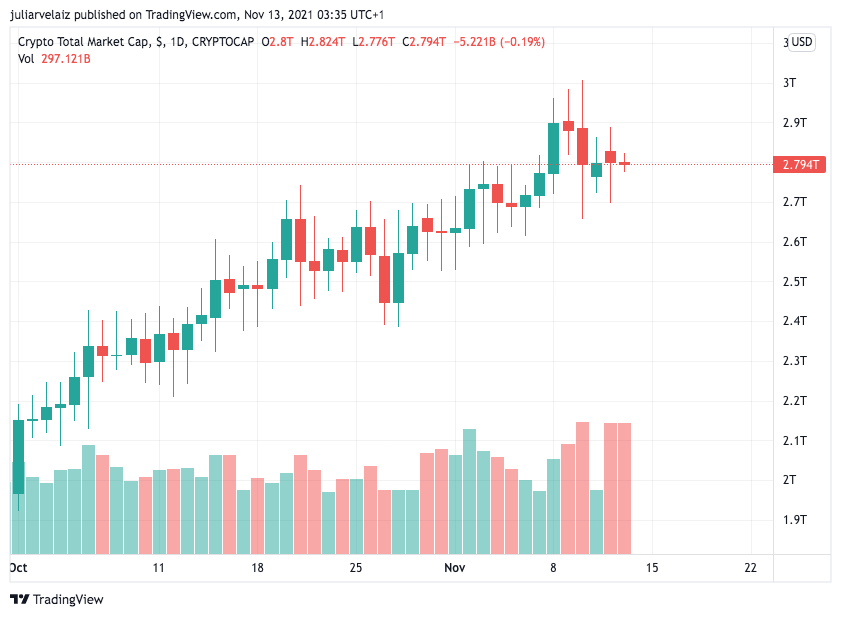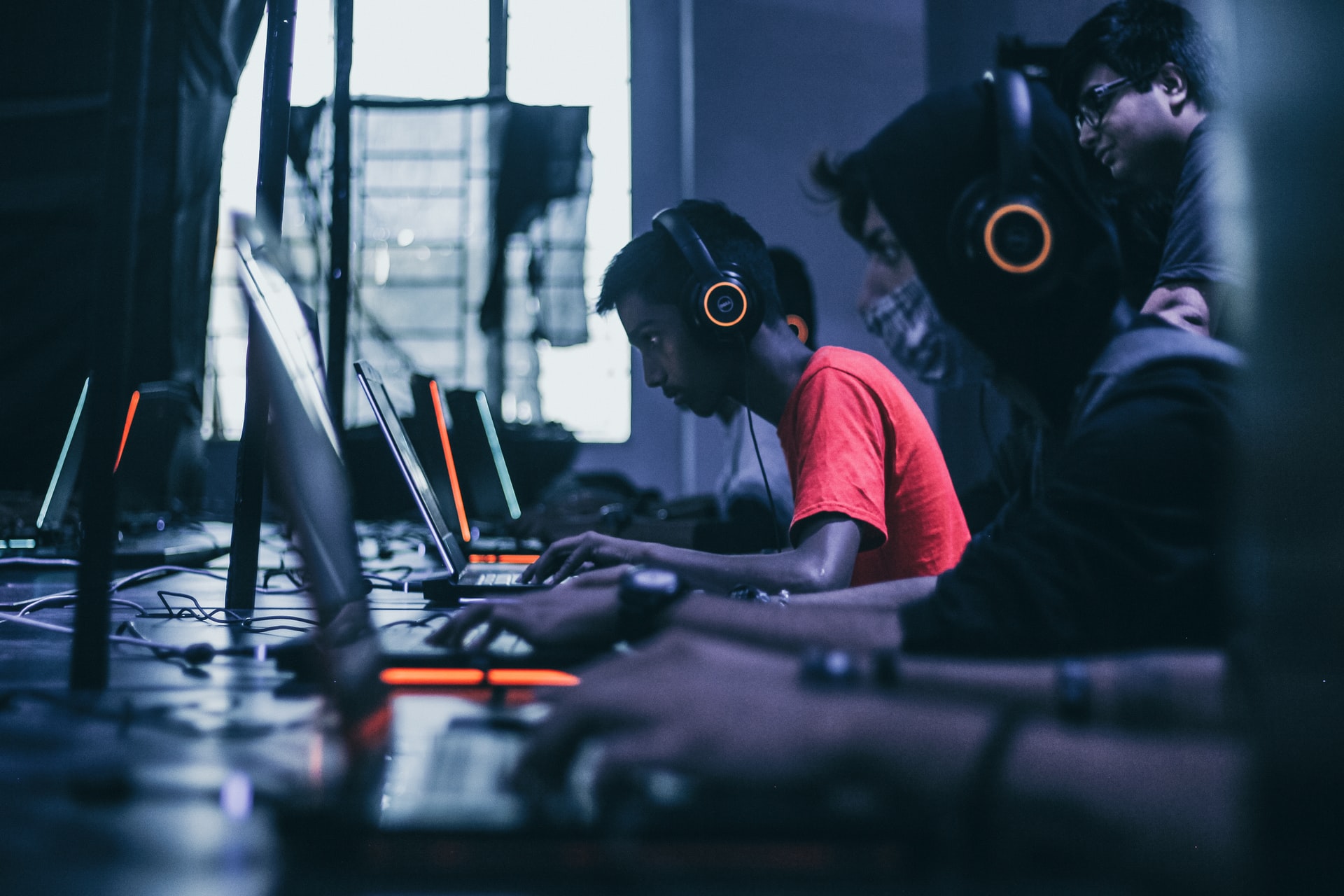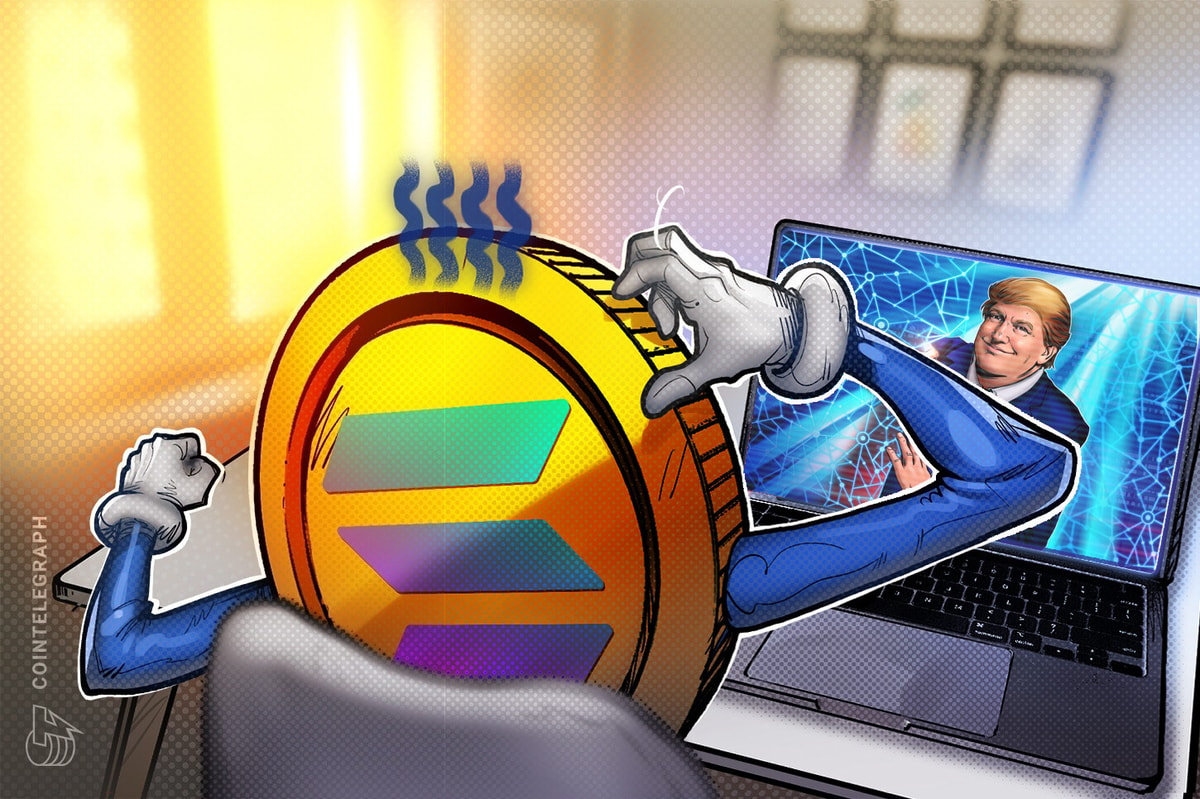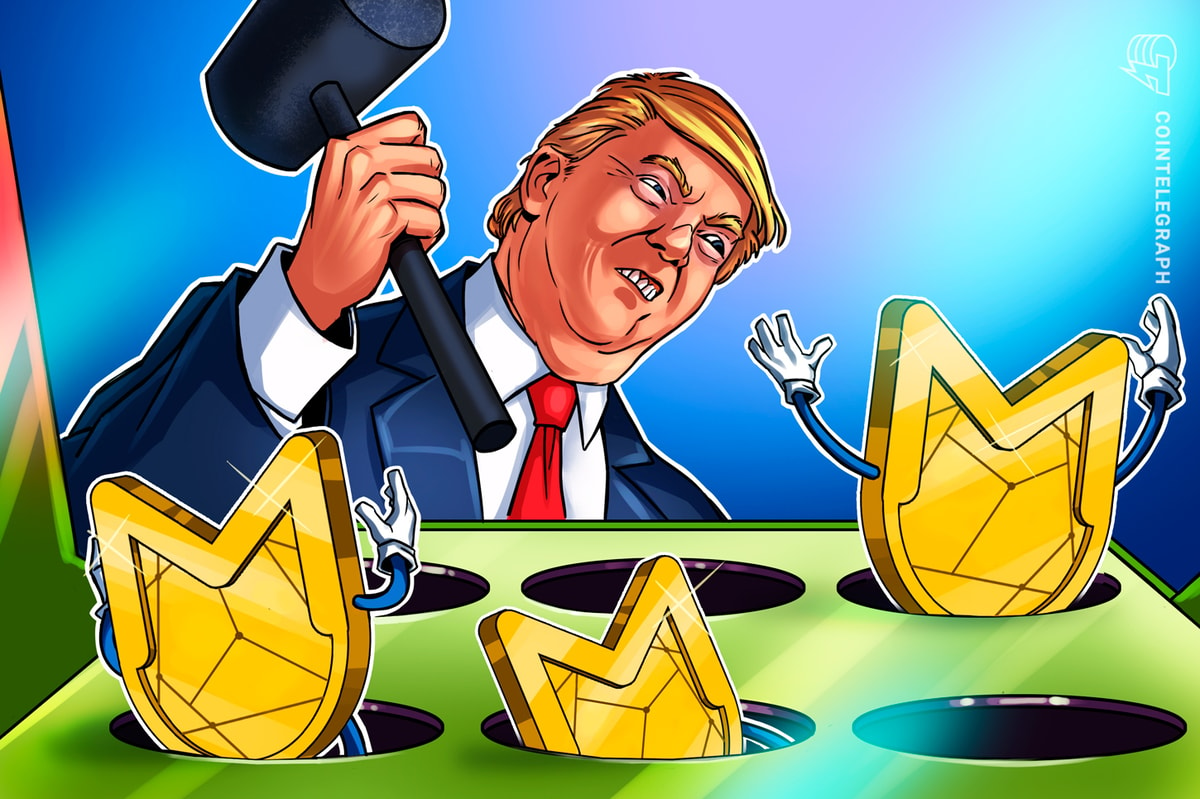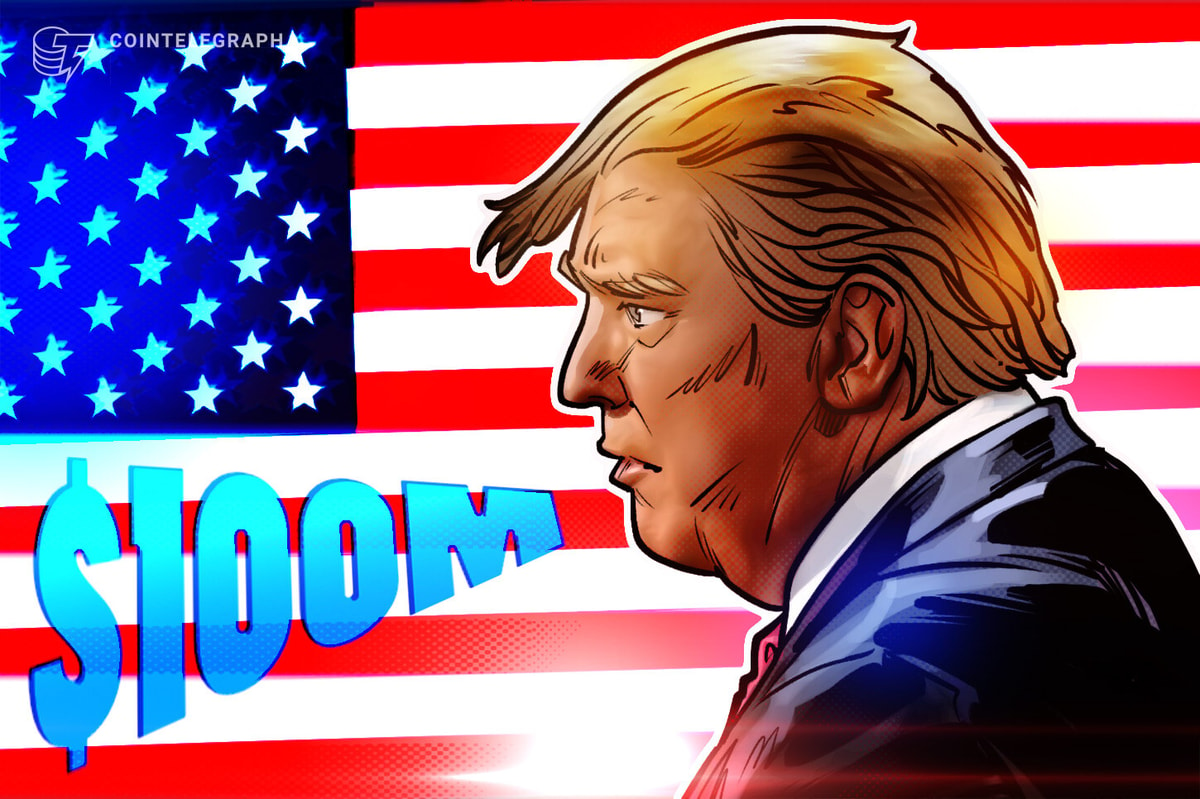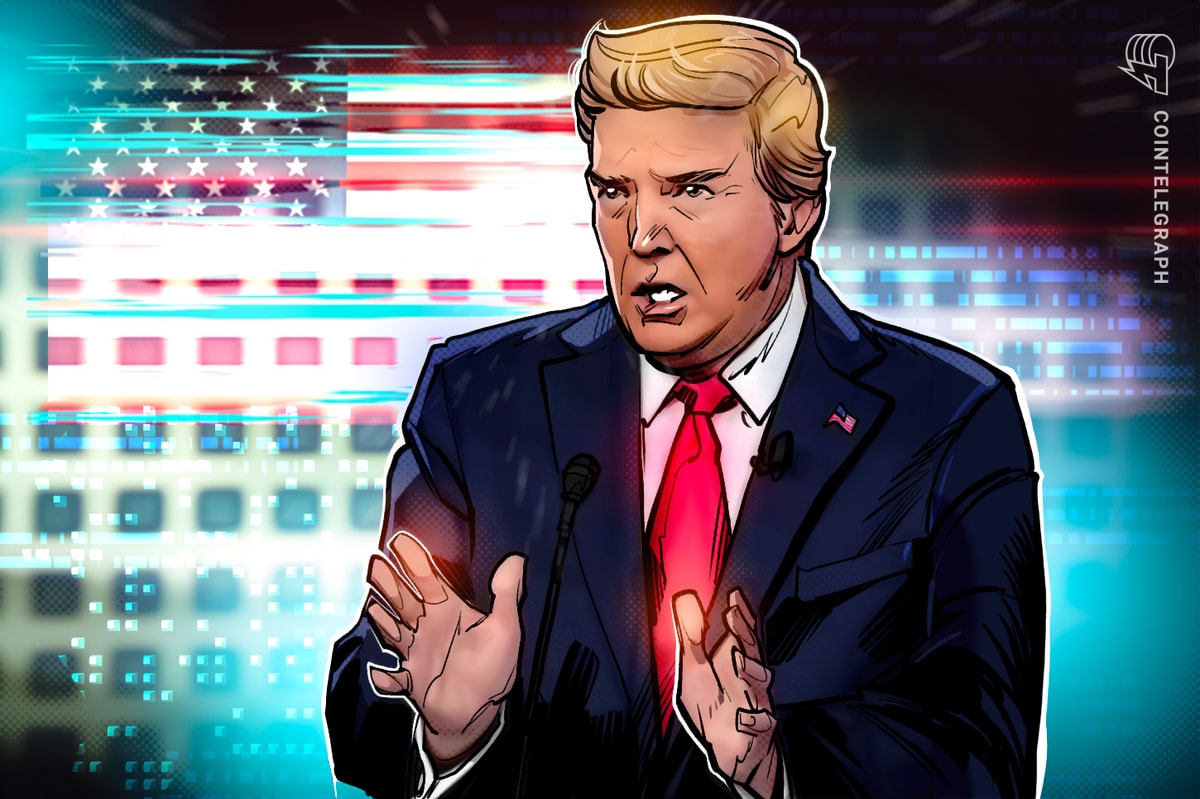A recent study shows a majority of game developers in the United States and England are incorporating NFTs and other blockchains features into games, which allows remarkable change for the way production, content, economy, market, and earnings have been seen until now by the gaming world.
NFTs are digital assets that are able to appreciate value. They can be incorporated into games to allow players to make investments and generate real-life income. Users can purchase an item’s ownership, sell it -opening the possibility to sell a player’s own creation-, engage in a pay-to-earn gaming model, and more.
A press release shed light on research commissioned by leading blockchain platform Stratis and carried by insight agency Opinium. The results come from a survey in the U.S. and U.K., which reports that 58% of 197 surveyed video game developers are starting to incorporate blockchain technology into their games, and 47% of them have integrated non-fungible tokens (NFTs).
Furthermore, 61% of subjects believe that blockchain technology opens the door for innovation and “more interesting gameplay”. Similarly, 55% see it as a pathway for injecting money into the game and securing value for the player. 54% think incorporating blockchain technology is useful for offering real-world valued rewards, and 45% thought it could encourage gaming.
Decentralized finance called for most of the developer’s attention as 57% said to be interested in GameFi as a way to offer monetary benefits for playing through NFTs, followed by a 46% of popularity for play-to-ear economic models.
Lastly, 44% and 42% respectively were interested in the NFTs’ capability of offering true ownership of assets in the form of game items, and the instruction of tokens as games’ own currency.
Related Reading | The Blockchain Gaming Revolution
Chris Trew, Stratis CEO, stated:
We commissioned this research to solidify what we already assumed — that blockchain and NFTs are the future of video games. From our own experience supporting AA game developers, we know first-hand how these technologies are already beginning to improve the player experience by rewarding players with the ability to earn real-world value. Stratis offers an SDK to the Unity gaming engine, with plans to add Unreal soon. We’re betting big on blockchain gaming and we want to be the infrastructure layer.
The Future Of Gaming Is NFTs
As many see great economic potential in NFTs, the word has spread around big investors from various industries worldwide. We are now seeing a significant increase in the merge of the music and gaming industry through the shared interest of using the blockchain to provide new experiences for users and high revenue for investors.
On the players’ side, many people around the world have been able to generate a full income from videogames that incorporate the blockchain and have even come to rely on the play-to-ear economic model. This has called for a lot of attention, growing many game’s user-base.
On the investor’s side, many large companies are seeing the potential of NFTs integration and it is safe to say that we now have weekly news of new gaming hedge funds and other big investments in the gaming market. Some have claimed to see in it the future of the economy, or at least a digital revolution for more than one industry.
Related Reading | Polygon Sets Up $100 Million Fund For NFT Gaming Projects
A few of the most popular NFT games to invest in are Axie Infinity, Gods Unchained, Splinterlands, Alien Worlds, Battle Racers, and others. Some of them are available to play on mobile devices, which has also become of increasing attention for gaming companies since it brings in many new users.
The Stratis press release further showed comments made by Jean-Philippe Vergne, Associate Professor at UCL School of Management:
Blockchain is rapidly becoming a core building block for online games. What blockchain enables is incredibly compelling — players can now earn cryptocurrency while playing and trade digital goods both within and across games. The rise of esports in the past decade has already indicated that there were many players out there who were willing to make gaming their primary income source. Blockchain is riding on this wave and making the opportunity available to all in a more transparent fashion.
